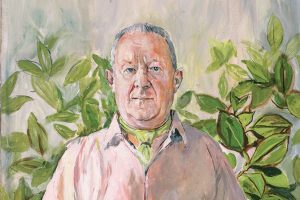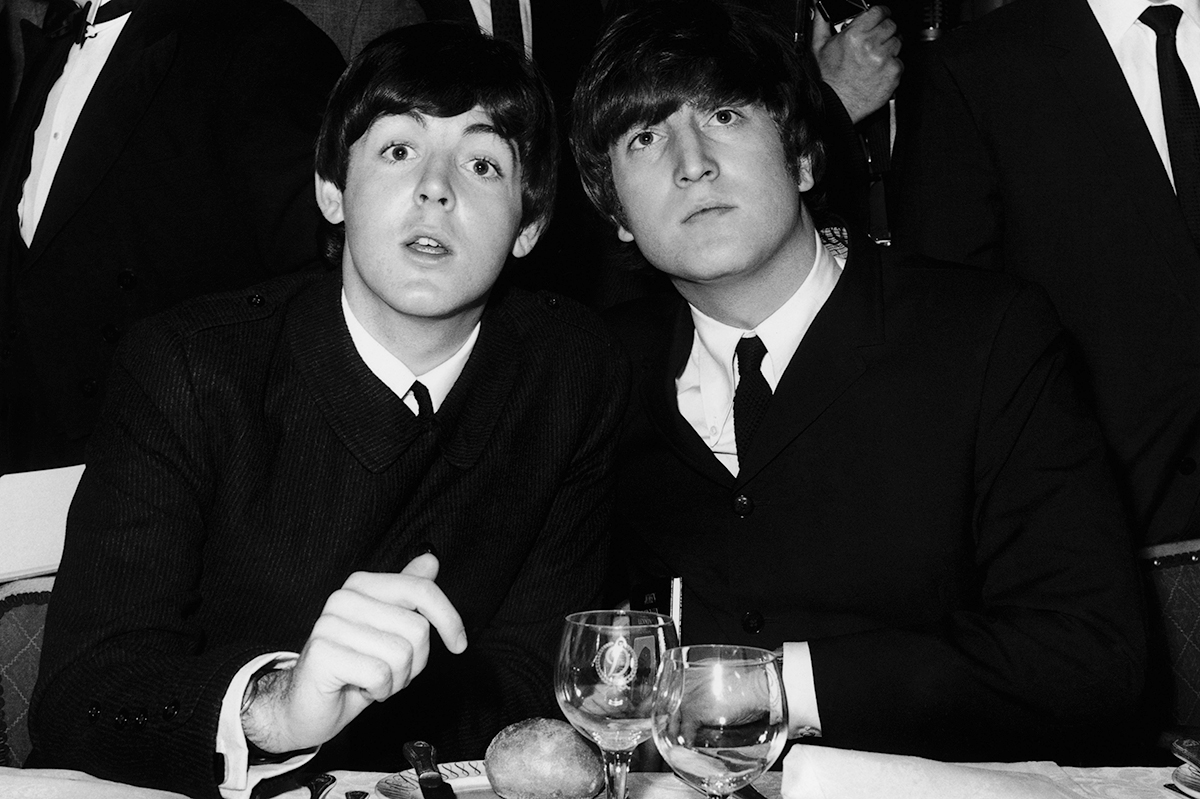This is a deceptively slim novel. Its ninety-six pages contain multitudes: two lives, past and present, seamlessly interwoven. The narrator, a Norwegian novelist, and her Italian husband live in Milan. “Ti amo,” they frequently tell each other. Easier to say “I love you,” than for him to say he’s dying, and her to say she doesn’t know what she’ll do without him.
We’re encouraged these days to view everything as a journey, including marriage, and theirs has been a marriage of many journeys, emotional and geographical: literary festivals, seminars, conferences, interspersed with private time dinners in elegant restaurants, picnics in hotel rooms; laughter and sex. Four years of a shared life, in sickness and in health.
Graham Greene believed a writer has a splinter of ice in the heart. Tragedy or passion is genuinely felt, but notes are taken for future use. The narrator has recorded everything, and now she retraces the past — a book launch in Denmark, a wine-tasting in Bordeaux, a boat trip to Varanasi; and, crucially, their visit to Venice, when la Serenissima’s leisurely pleasures of art galleries and aperitifs by the Rialto were swept aside by hospital procedure, when A&E doctors did urgent tests to find the cause of her husband’s sudden pain. And missed the cancer.
Scattered like seeds through the narrative are hints of his life — early musical ability and artistic talent, crushed by parental pressure. A man with many possible futures, all now denied him. For the narrator, a key moment was their trip to Saigon, where her idol Marguerite Duras was born; the shock of discovering what Saigon — now Ho Chi Minh City — had become: all hi-tech, dotcom bustle, so unlike the gauzy, dreamlike setting she had built up from the Duras novels that led her there. Later they bought a little pink table from Ikea to match the one from Vietnam and remind them of la vie en rose.
There are harrowing pages in Ti Amo. It is unflinchingly autobiographical: the author’s husband died of cancer two years ago. Hanne Ørstavik is an award-winning Norwegian novelist, and the translation by Martin Aitken is perfectly pitched to capture the volatility of the narrator’s thoughts and the painful detachment she needs when she discovers her own life force remains undiminished.
Tender, anguished and truthful, Ti Amo recalls a line from a novel by Duras I read years ago: ‘There are no holidays from love’ – as most of us discover, sooner or later.
This article was originally published in The Spectator’s UK magazine. Subscribe to the World edition here.

























